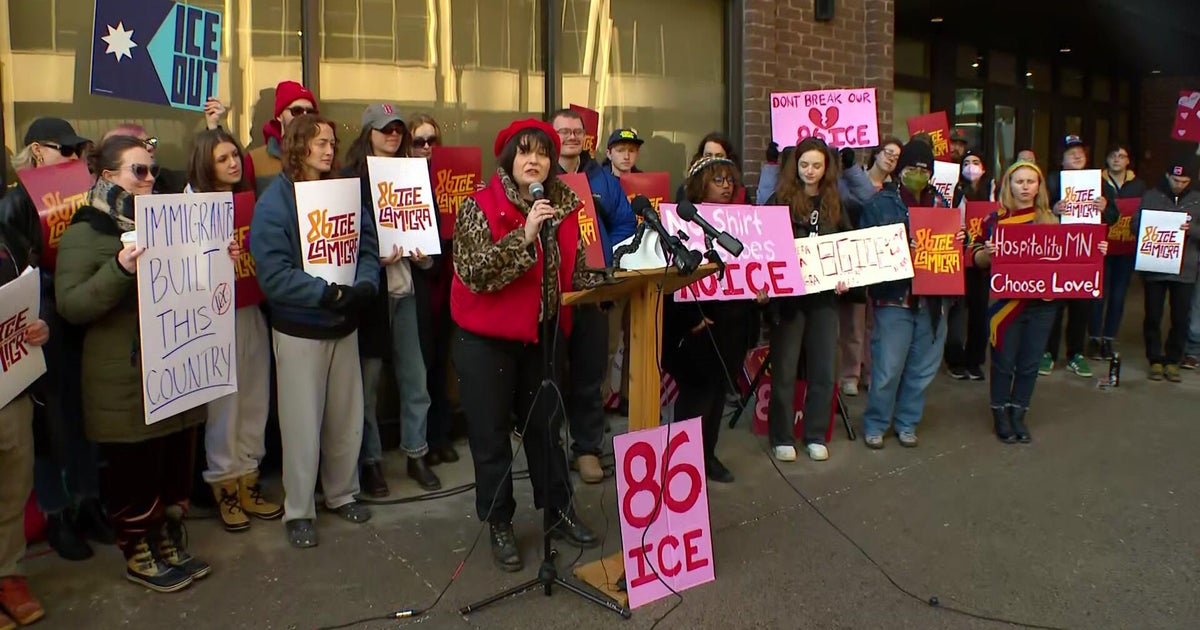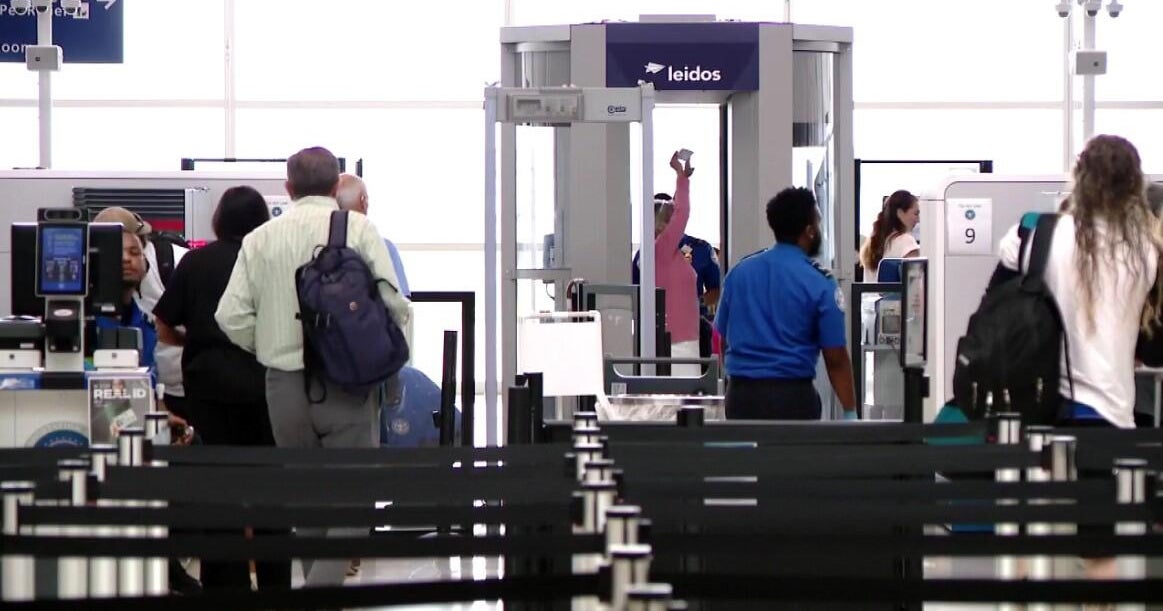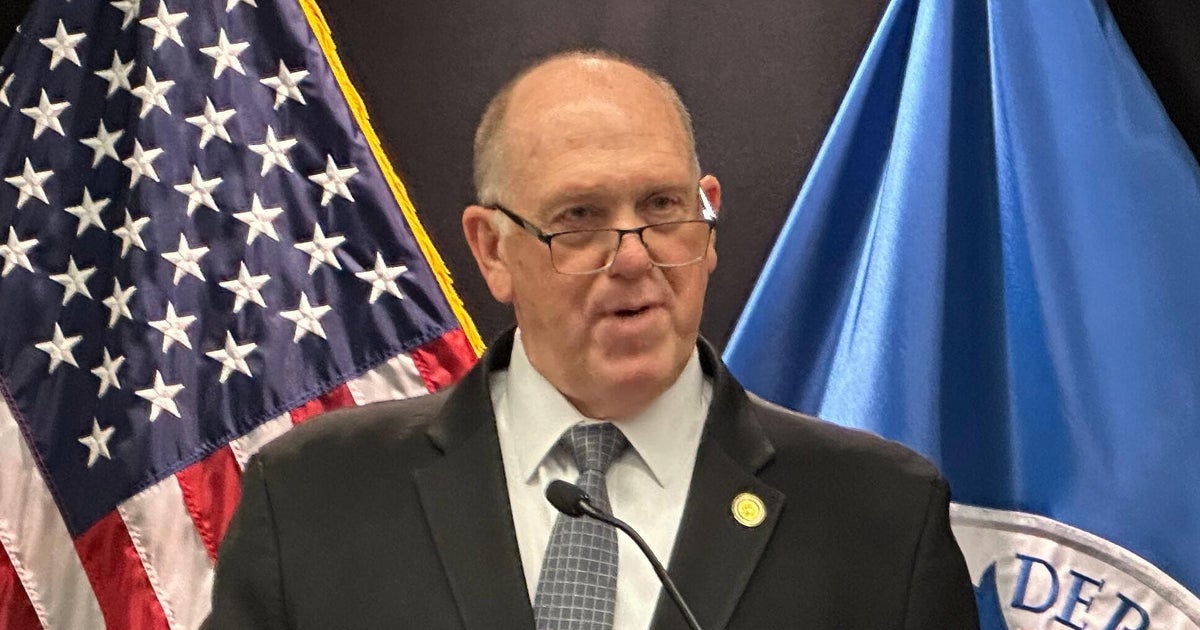MN Public Workers Fear Walker-Like Laws
MINNEAPOLIS (WCCO) -- MINNEAPOLIS (WCCO) -- Minnesota is starting to look like Wisconsin, at least when it comes to balancing the state budget.
At a Committee Hearing Monday night, several state senators listened to the debate from both sides of two Senate bills.
One of those bills would reduce the salary state workers make by six percent.
Another bill would cut the amount the state contributes into pension plans.
Most workers would see the state contribute 3 percent less, and the workers themselves would have to put 3 percent of their own money into their own plan.
"And the average company contribution in the private sector into pension funds is 2.1 percent. That is the average employer contribution in the private world," said Pat Anderson with the Minnesota Free Market Institute, who added that the 401K Council of America surveyed 1,000 private companies with pension plans to get the information.
The changes, if approved in the legislature, would take effect in July. Unions negotiating new contracts would be required to make the changes.
Members of the Minnesota Association of Professional Employees, a Union representing 13,000 members of middle-class Minnesotans, are angry about the proposed changes.
Many protested the hearing from the Capitol's hallway.
"We realize that there are difficult decisions to be made and that everyone will need to sacrifice. Public employees understand sacrifice – our members have taken repeated wage freezes and accepted pension reform measures that amounted to $6 billion in cost savings for the state of Minnesota," said Jim Monroe, who a member of the Minnesota Association of Professional Employees.
Republican Senators introduced both bills.
"We are trying to balance a budget too. We're in a difficult spot," said one of the Republican senators.
Democratic Sen. Scott Dibble suggested that cutting state pension contributions and state workers' pay could mean trouble now and in the future for Minnesota.
"We're making public employment less attractive to some folks," Dibble said. "And then how are we going to attract folks back into public employment?"
But a Republic senator spoke up after that.
"I really don't think we're going to have a hard time recruiting people. There are a lot of people who want the jobs we're offering," he said.
How much the proposed laws would save the state is not know. That information will be released later in the week.







